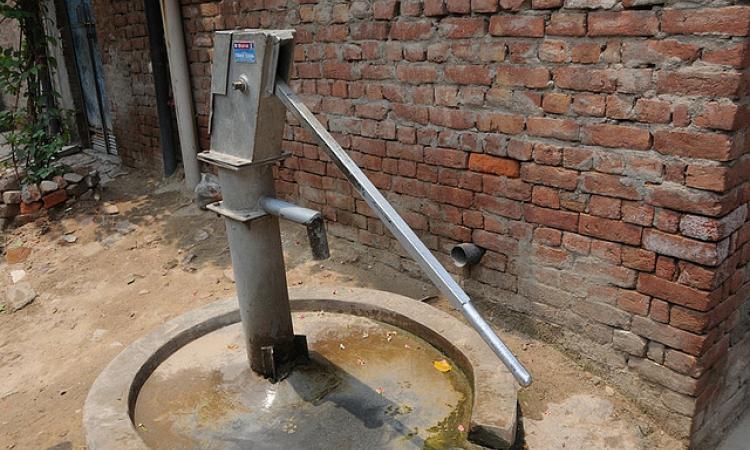
Dismal state of groundwater in the country
According to an assessment done by the Central Ground Water Board (CGWB), the groundwater in 276 districts of the 676 districts in India is contaminated with fluoride, 387 districts contaminated with nitrate and another 87 districts have high levels of arsenic. The report has also observed impermissible levels of hazardous heavy metals in the groundwater of 113 districts across 15 states. The reason attributed for this is the lack of will and utter failure of pollution control boards and committees to control effluence of poisonous substance into the groundwater.
Flash floods in Kargil as artificial lake on Phutkal bursts
A massive landslide in January this year created a 15 km long artificial lake on the Phutkal river in Zanskar valley. The lake burst last week, causing flash floods in the downstream area that had washed away dozens of bridges, schools and residential areas. Nearly, 3000 people have been evacuated in the 90 km stretch downstream and thankfully, no deaths reported so far. Doubts on the potential of the National Disaster Management Agency and other organisations involved, are cropping up due to the failure of 'Operation Phutkal'.
India performs poorly in the WASH Performance Index
Despite the Clean India drive going on in India, it is a bottom-performer according to the WASH Performance Index Report, which compares different countries' performance in realizing universal WASH (Water, Sanitation and Hygiene). India has been ranked at 106 (for improving water access), 40 (for improving water equity), 34 (for improving sanitation access) and 115 (for improving sanitation equity). Also, amongst the world’s most populated countries, India is a bottom performer and way behind its political rival Pakistan.
Irrigation efficiency of major agrarian states is just 38%
The Parliamentary Panel in their water-use efficiency study, have reported low irrigation efficiency of the 28 major and medium irrigation projects in Punjab, Haryana, Uttar Pradesh and Andhra Pradesh. The observation points out to high wastage of water and low efficiency level in the irrigation sector. Following this, the Ministry of Water Resources, River Development and Ganga has been ordered to expedite the formation of the National Bureau of Water Use Efficiency that will enable the setting up of standards in water conservation.
Nine Indian citizens seek compensation for damages caused by Farakka barrage
Nine Indian citizens have filed a petition with the National Green Tribunal against various Government agencies, seeking an annual compensation for the damage caused in India due to the Farakka barrage. Per the claims, the Farakka barrage has caused environmental losses worth Rs 3,226 crore annually. Such hydro-engineering structures affect the livelihoods of many people, especially those in fishing because fishing habitats are altered following the construction of these structures.
This is a roundup of important news from May 5-11, 2015. Also read last week's policy matters updates.